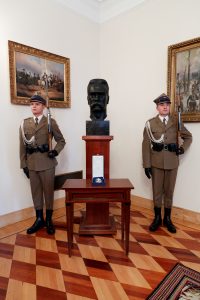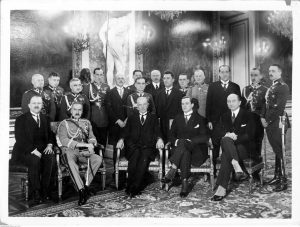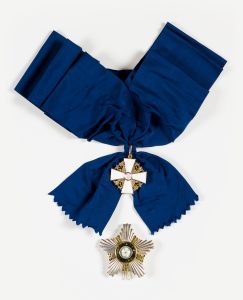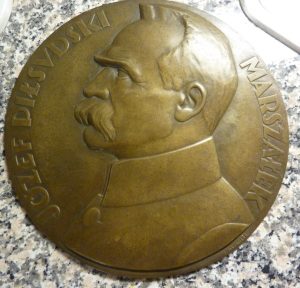Józef Piłsudski was convinced that only movements arising within the Russian empire and spreading outwards could break that empire up. So to fight against it he sought allies among the nations oppressed by Russia. The Finns were such a nation. The Polish Socialist Party of which Piłsudski was a leading activist maintained ongoing contact with the Finnish Active Resistance Party which was also known as the Finnish Activist Party (Suomen Aktiivinen Vastustuspuolue aka Finska Aktiva Motståndspartiet); since 1904 this group had organised conventions for political parties which operated on Russian territory and opposed Tsarist rule. The third of these conventions was held in Jorvas in Finland in April 1907. Piłsudski headed up the Polish Socialist Party delegation. At meetings with Finnish activists he discussed the principles for future co-operation.
Carl Gustaf Mannerheim was Józef Piłsudski’s peer. He played the same role for the Finnish nation as Piłsudski did for Poland. Mannerheim was an outstanding statesman and military leader and is a symbol of the independence and freedom of his country. It is worth mentioning that in his early days as a Russian officer Marshal Mannerheim served on Polish territory and he could speak Polish. In his memoirs he wrote,
I had no objection to being stationed in Poland and later I was delighted to see Poland once more. The better I got to know the Poles, the better I understood them, and I felt very at ease in their company.



